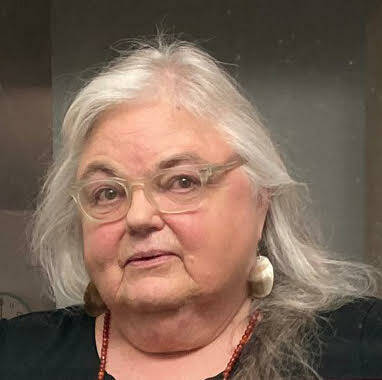By Peggy Sue McRae
Journal contributor
Maybe you solve a daily Wordle puzzle, a weekly crossword, regularly meet with friends for a card game or game of Scrabble, or like me, play a game of solitaire on your phone when you have a few minutes. Jigsaw puzzles, word and memory games, bingo, arts and crafts, are more than fun pastimes. These activities can strengthen our reasoning and cognitive skills.
To gain cognitive benefits from these activities there is a Goldilocks principle. According to Denise Park, Ph.D., director of research at the Center for Vital Longevity at the University of Texas in Dallas, “It’s important to have the optimal amount of challenge to maintain a healthy mind if there’s too much you will get stressed out and stress can be damaging to the cognitive system. But if there is too little, there may not be any gain.” Novel behavior, trying something new, helps build new neural circuits in the brain to accommodate the new challenge.
Playing games with friends or family provides the added bonus of social interaction. Tactile games like bingo offer important memory skills by engaging hearing when numbers are called out, sight when finding the numbers on the bingo card, and touch when marking the cards. Check the Mullis Center calendar (mulliscenter.org) for Bingo games or if you are looking to join a card game check out the Mullis Center’s Monday Afternoon Social time for cards, Ping-Pong, puzzles and other games. Don’t be afraid to try something new.
If you are ambitious you may want to try learning a new language or picking up a musical instrument. Playing music or singing with others has the added benefit of engaging in an expressive communal activity.
I was the primary caretaker for my Mom as she went through cognitive decline in her later years. One thing she enjoyed to the very end of her life was music. At that time Kate Schuman came by The Village regularly to play guitar and lead sing-a-longs. Both my Mom and I enjoyed this tremendously. It was the last group activity we participated in just days before Mom died. Even well into her decline she could sit down and play the piano. Those musical pathways in her brain persisted where other memories failed.
Finding an interest that is a small step outside of your comfort zone may be optimal for developing new synapses in your brain but will only be sustainable if it truly interests you. That could be learning a video game for the first time, taking up a new card game with friends, building a ship in a bottle, or learning to sing a song in a language you don’t speak. The possibilities are wide open.
Give your brain a nice gentle stretch; enjoy a feeling of accomplishment, social interaction, or quiet concentration. Keep your brain lively with the pleasure of learning something new.



